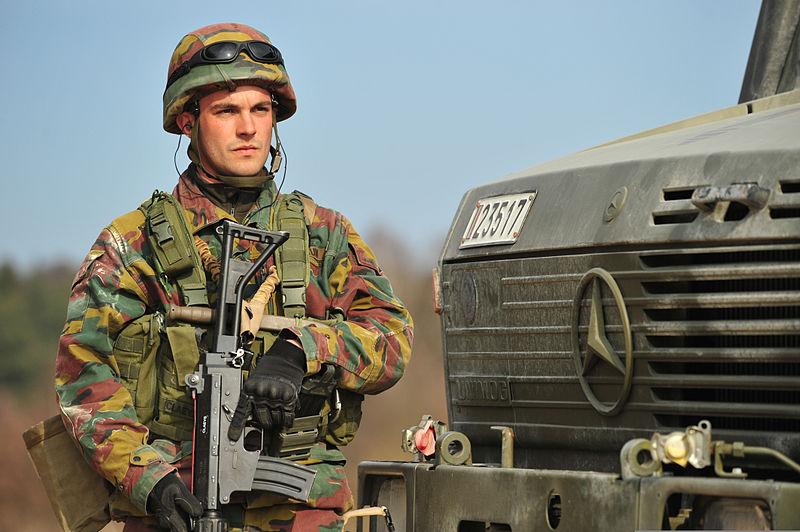PESCO and the Return of 'Good Old Scepticism'

Late last year, when the efforts of Europe's political leadership to develop new defence initiatives really went up a notch, some of us in the defence community felt the need to step in and cool the public's heated assumption that a new European army is on the horizon. On the one hand, optimists used recent developments to draw an inaccurate image of European defence moving up the federalisation ladder; on the other, sceptics warned that another attempt was underway to establish a supranational institution without a clear democratic mandate. Yet, as some of us have argued from the very start, Permanent Structured Cooperation (PESCO) represents neither of these contravening assumptions. Indeed, in the two months since participating member states presented 17 projects to be developed within PESCO, the general enthusiasm (and fear) of the early days seems to be undergoing a modest consolidation.
There are several clear reasons why many observers are rethinking their assumptions regarding PESCO. First, there is the clear reservation of certain Central European member states (hint: we are mainly referring here to the main and most capable defence actor in the region) that the PESCO projects are too light when it comes to building capabilities. At the recent Munich Security Conference, the prime minister of this very country put it rather bluntly: "we need more steel tanks and less think tanks".
Second, the enthusiasm brought to the European political stage by French President Emmanuel Macron has now been diverted to other (French-driven) advanced defence initiatives, such as the European Intervention Force. This has come at a time when Germany has succeeded in portraying PESCO as an inclusive platform rather than the new symbol of the EU's dominant inner core.
Third, the US Permanent Representative to NATO recently expressed concerns that PESCO and other EU defence initiatives like the European Defence Fund might constitute a functional precursor to greater European defence market protectionism. However, while some of his concerns might be overblown, it would nevertheless be wise not to casually disregard the political impact that such an openly expressed caution might bring about in Washington's closest European allies.
It's way too early to make an objective judgement on how successful PESCO is going to be. In the end, it's grossly inconceivable to imagine Europe’s political elite giving up on the potential promise of this initiative even though we clearly live in a world where emotional attachments to grand political projects evaporate in a flash. However, even within the time span of two consecutive European Council meetings we already feel that PESCO might join the ranks of past European defence initiatives announced with great fanfares that slowly faded into irrelevance (think Eurocorps). Yes, we’ve seen this brand of scepticism before.
Finally, when people say that the cumulative effect of Brexit, Trump, contemporary terrorism and migration make PESCO attractive, do we really believe that these ‘shocks’ will last and inspire considerable improvements in EU's defence cooperation scheme? Today, Europe has already digested the shock wave of the British referendum, learned to constructively co-exist with the incumbent US President Trump and addressed the threat of terrorism without major EU security policy reform. The triggering impetus of PESCO has (for the moment) gone; the moment of true relevance will be revealed - swiftly and clearly.